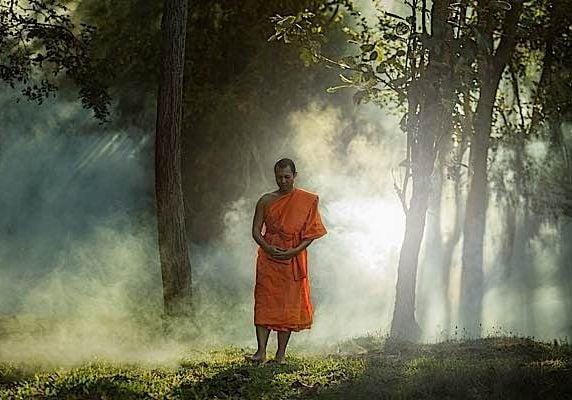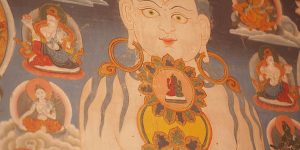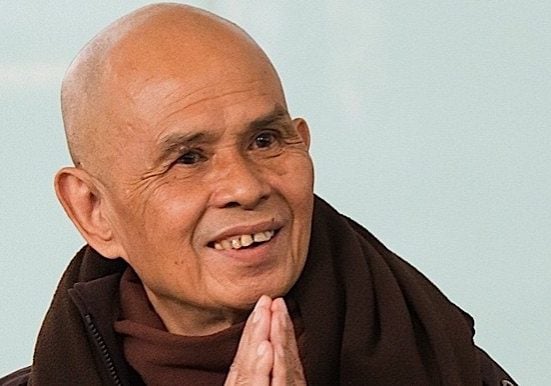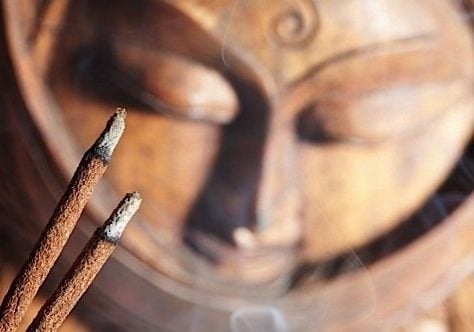Zen • Chan • Seon
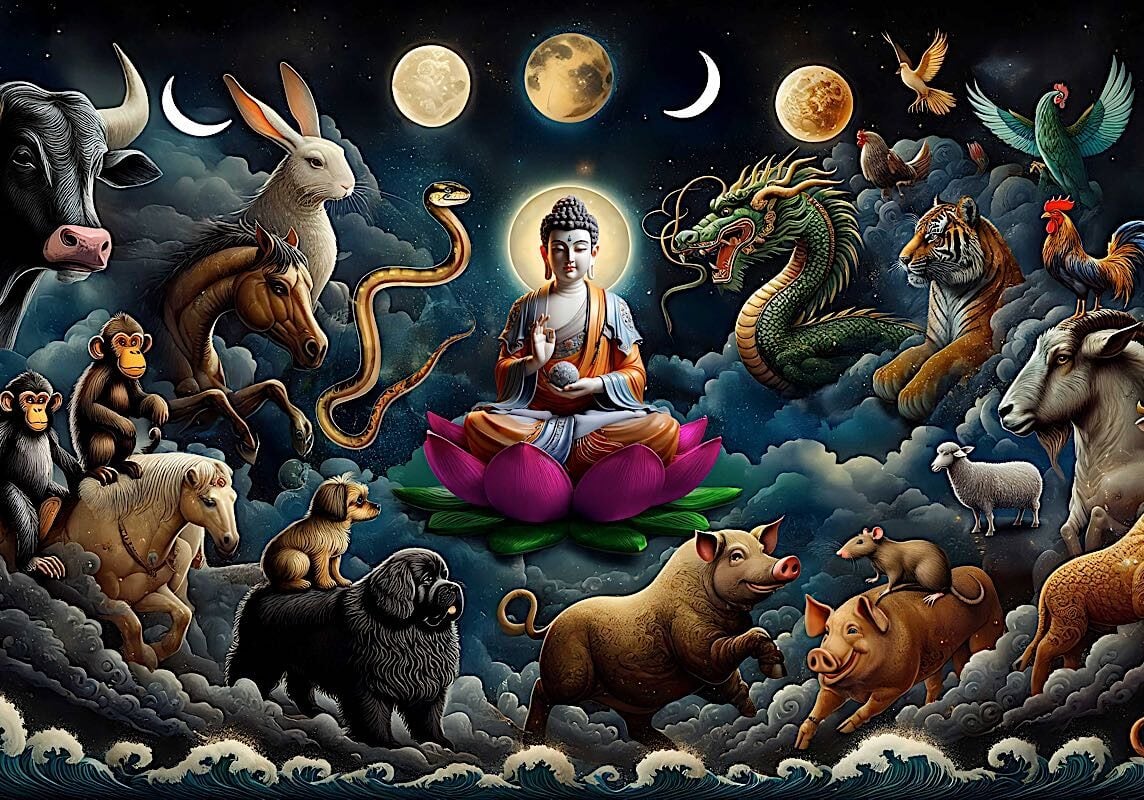
Who is my Enlightened Life Protector Based on Tibetan Animal Sign Zodiac in Buddhism? According to Mewa, Mahayana tradition and Kalachakra-based astrology (with Mantra Videos!)

Song of Enlightenment by Master Yonglia — going beyond all dualisms, theories, names, forms, preferences and aversions.

Bodhidharma, One-Shoed sage: The Towering and Profound Life and Teachings of the Legendary Zen Master and Martial Artist
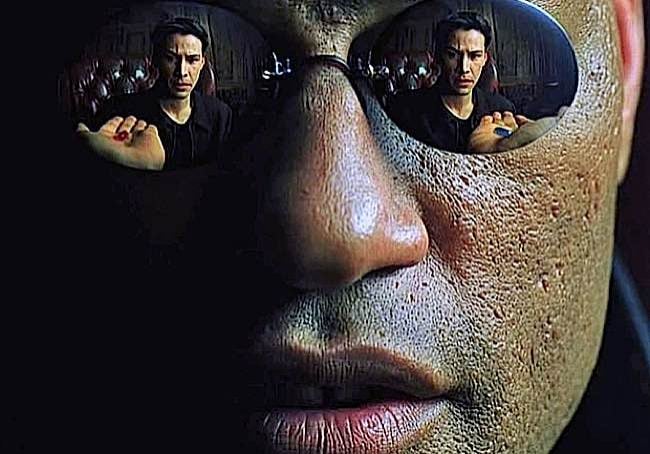
Emptiness and Shunyata: What the Teachers Say About Emptiness: Removing “Lazy Nihilism” and “How Deep the Rabbit Hole goes”

Waking up the Mind in Buddhism! The Zen of Drumming for a Wakeful Mind and Mindfulness with the Wooden Fish Drum’s Unique Sound

The Gateless Gate and the door of Mu!: “Does a dog have Buddha Nature?” and other breakthrough koan riddles

Buddhist teachings according to Korean Zen (Seon) and Seon Master Daehaeng: Buddha-Dharma encompases all of life; dying three times; One Mind

Zazen is “good for nothing” — the journey to Enlightenment starts with “just sitting” — and it’s good for your health, stress or anxiety (studies)

Dogen, Satori, and the personal experience of enlightenment in Soto Zen: impermanence, emptiness, Zazen and “Being Time”

Bodhidharma – The Life of the legendary Da Mo, founder of Shaolin: an epic journey from India to China

Buddhism has Nothing to do with Nihilism and everything to do with Experiencing; Why “Emptiness” and “Nothingness” are poor translations of Shunyata
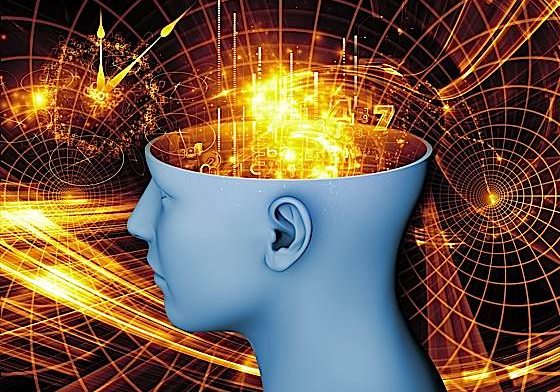
Visualization Activates the Mind; Mindfulness Stills the Mind — Which is Right for Your Buddhist Practice?

Thich Nhat Hanh’s Literary Legacy Celebrated with Charitable Bundle of ebooks: No Mud, No Lotus excerpt
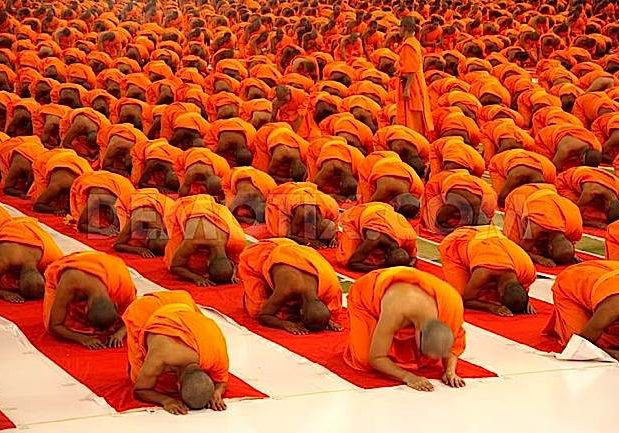
The Foundation Practice of Prostrations: Humble Bow, a Method to Connect with Buddha Nature; the Psychology of Buddhist Prostrations

“Dharma in motion”: Buddhism, Vajrayana Buddhist Tantra and Zen have as much in common with martial arts as religion?

Veneration Practice and Devotion According to the Ksitigarbha Sutra: Why Devotion is Not Superstition

Dharma and the Tao: how Buddhism and Daoism have influenced each other; Why Zen and Taoism can be complementary

Mindfulness: a Soto Zen priest discusses sensory and mental stability — and a vision absent of contamination

Response to the Cries of the World: Teacher Theodore Tsaousidis asks “Why do such terrible things happen?”

Why Reciting Buddhist Sutras Out Loud is Important; Sutras Help Us Remain Mindful of the Teachings and Disengage the “Clinging” Conscious Mind

Basho’s Zen: Matsuo Basho and the Buddhist influence on his Haiku Poetry — profound wisdom in three lines
